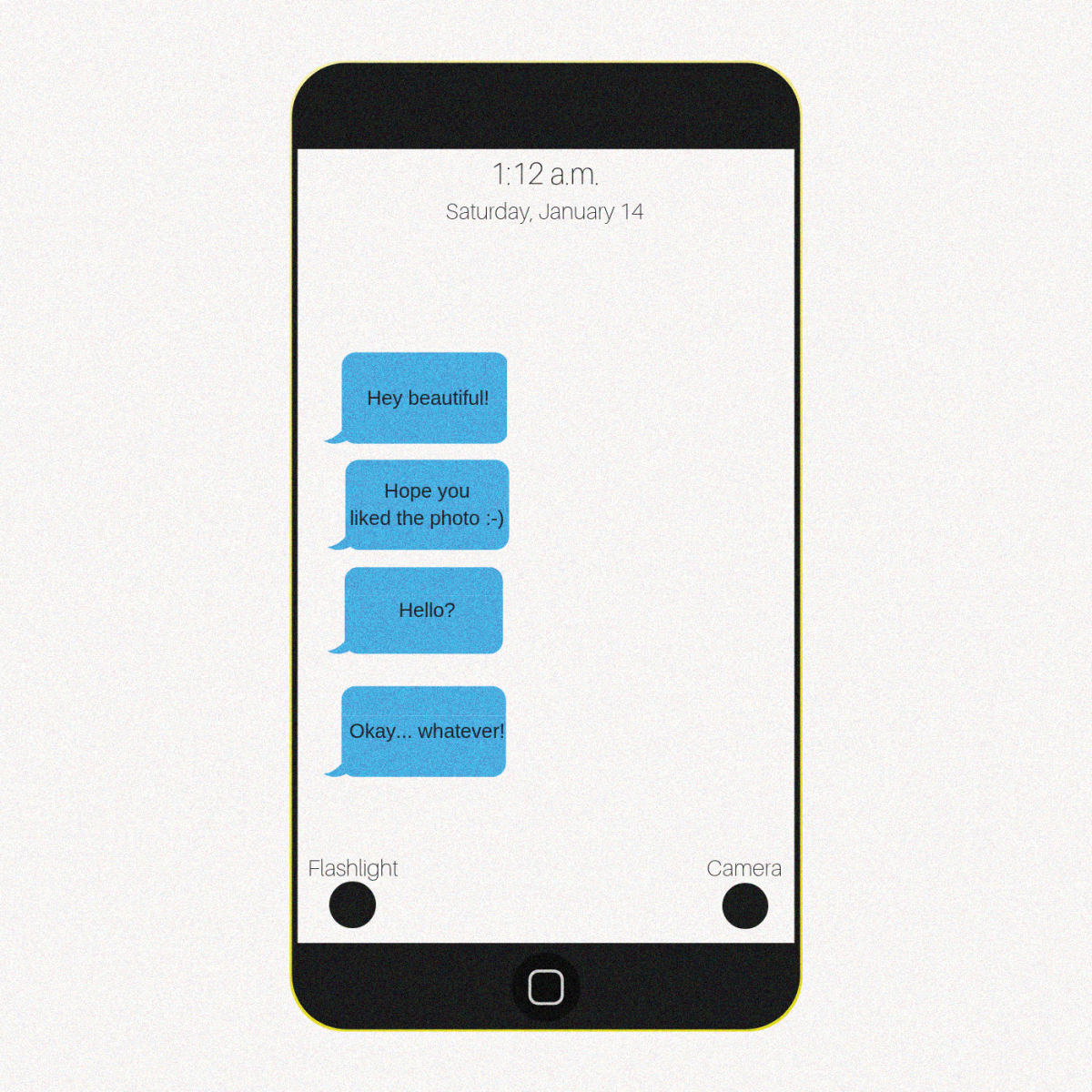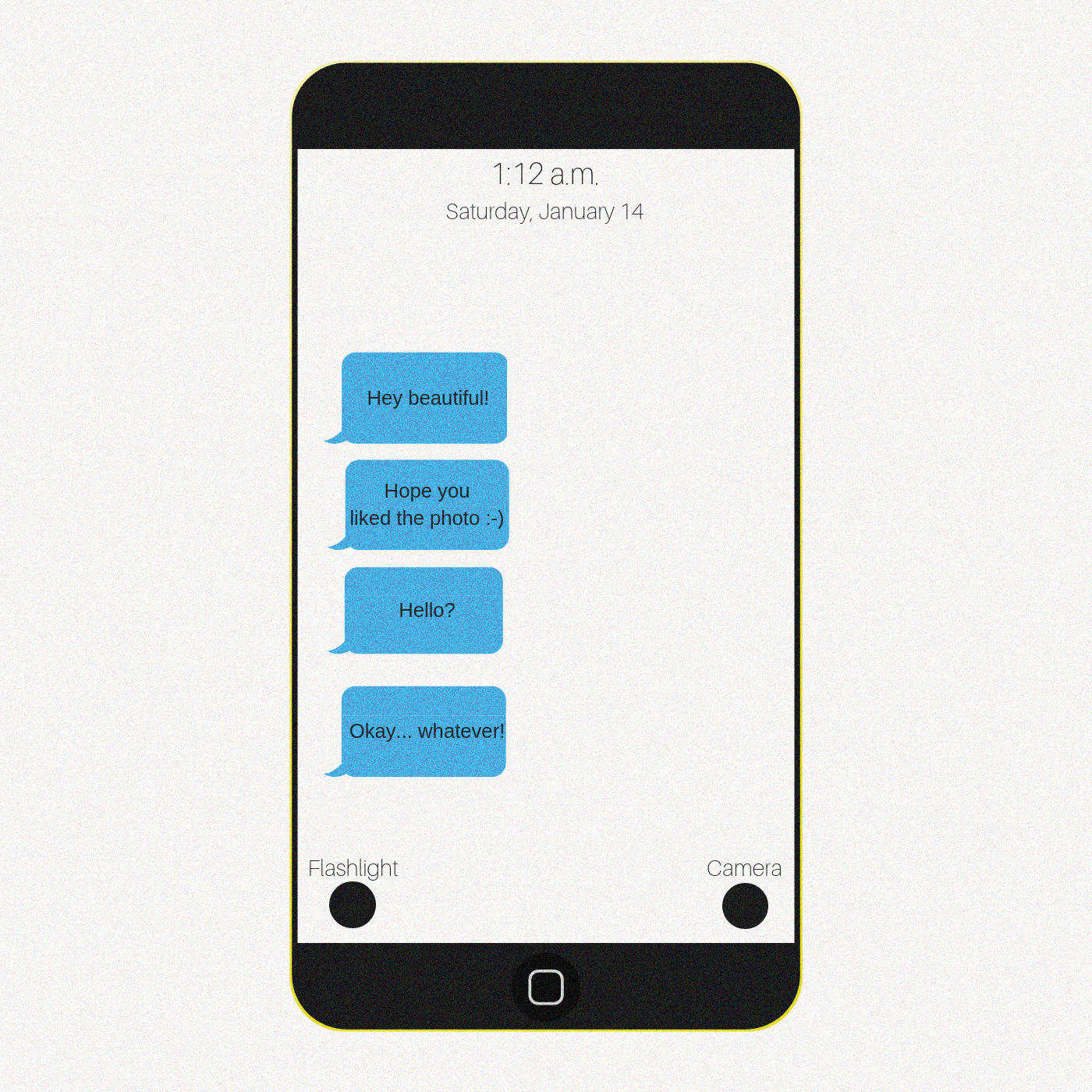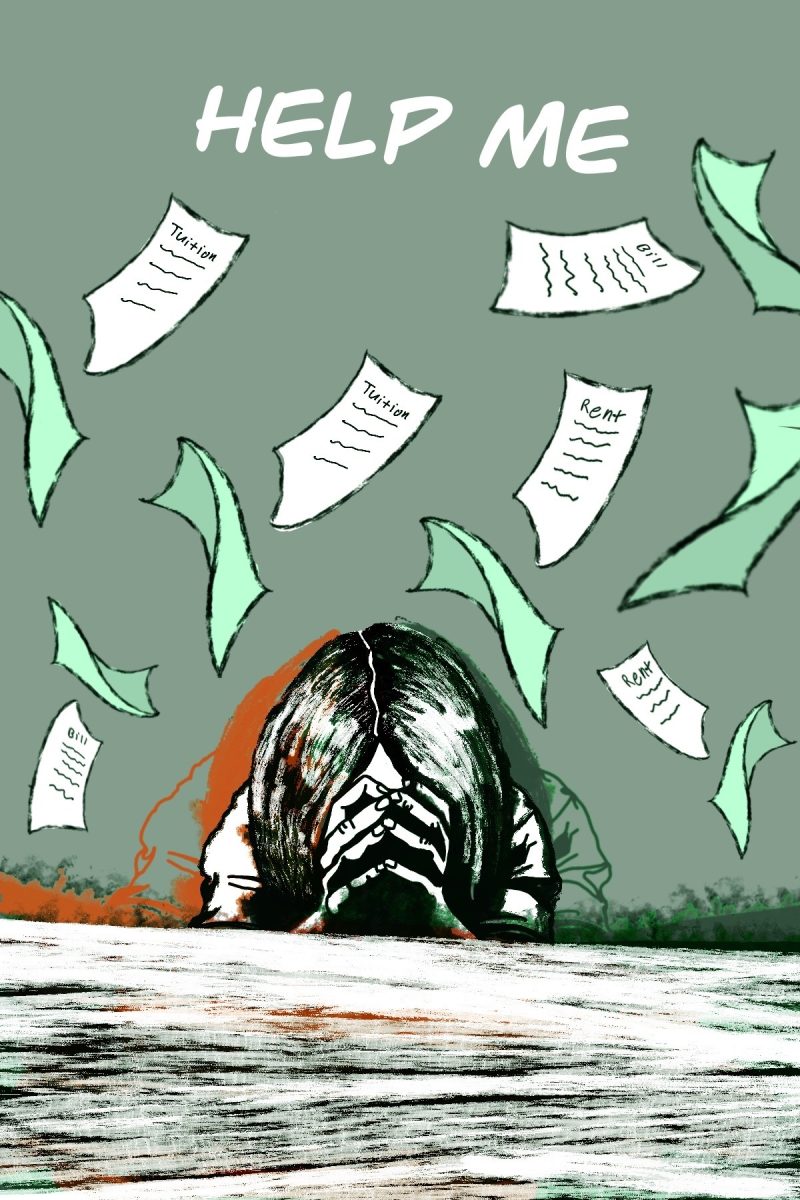Receiving unsolicited dirty pictures is an act everyone has either personally experienced or encountered secondhand. If the recipient did not consent to such images but receives them anyway, that is sexual harassment, besides the fact it is just gross and unwanted.
Any women who have ventured into the world of online dating or take part in any form of electronic communication can contend their main complaint revolves around men routinely sending unsolicited pictures of their genitals. Often, guys will send these photos with no context or explanation. This may be among the first messages a man will send to a woman. According to a Match.com study, and literally everyone else, sexual photos from men are among the greatest turnoffs for women.
Sending unasked for and unwanted lewd pictures tends to be a man-dominated act. While both men and women send nude photos on and offline, women wait for such images to be requested. The reasoning behind this may be due to mating strategies among the sexes or the fact everyone seems tougher online. Whatever the reason, it’s not like male genitalia is particularly enjoyable to look at, even when it’s asked for.
Consent is a vital issue that often gets overlooked due to the fact American society reeks of rape culture. Assuming women wait around on dating apps for images of an erect penis or a text of a man’s junk is incorrect. Victim-blaming goes around as rapid as the plague; much faster than explanations for boys and men to learn proper ways to deal with their sexual urges or desires.
Yet, men continue to send these lewd images—in part because they are often not taught healthy ways to deal with sexual urges and may act out of impulse. Thus, creating an inclination to send vulgar pictures to undesiring recipients.
However, this “trend” of sending unsolicited dirty photos may be coming to an end. Bumble, the Austin-based, Sadie Hawkins version of dating apps, has backed a Texas bill aiming to fight ongoing and consistent sexual harassment.
House Bill 2789 would make it a class C misdemeanor to send lewd photos without the consent of the recipient. The bill includes text messages, social media sites and online dating apps. If the bill becomes law, anyone caught violating it could be punished by a fine up to $500.
Bumble executives worked with Texas senators to file the bill, and support from such a widespread dating app emphasizes the high rate of unsolicited sexual images or communication happening online. While the bill may receive high amounts of pushback from freedom of speech advocates, it highlights change attempting to be implemented.
Since the expansion of online dating, something has needed to be legally amended regarding blatant, crude, unwanted pictures. The sending of such images has skyrocketed over 40 percent according to data firm, YouGov, as women report receiving explicit sexual images without asking.
Participating in online dating may cause women to be more susceptible to unsolicited photos, but Bumble is currently attempting to curb this prevalent issue, and other dating apps should take notice. People who take part in online dating do not want to flip through someone’s pictures and come across some cringe-worthy image of a guy’s junk or be chatting with someone then bam, they see parts of their suitor they weren’t yet ready to see.
This tends to ruin the experience of online dating. From OkCupid to Tinder, this bill needs to reach further than the Texas Legislature. There is no doubt it should be at least a class C misdemeanor to send nasty images of genitals without the consent of the recipient.
It seems there should be no evident reason for HB 2789 not passing and becoming law. For once, women’s rights and privacy may be on the forefront. However, while women are the main unwanted recipients, this bill applies to anyone who texts, has AirDrop on, uses social media apps or is dating online. Unsolicited lewd photos can happen to anyone; if this bill passes, this no longer has to be the case.
– Bayley Bogus is a journalism senior
Texas bill criminalizing unsolicited sexual pictures should become law
April 11, 2019
0
Donate to The University Star
Your donation will support the student journalists of Texas State University. Your contribution will allow us to purchase equipment and cover our annual website hosting costs.
More to Discover















